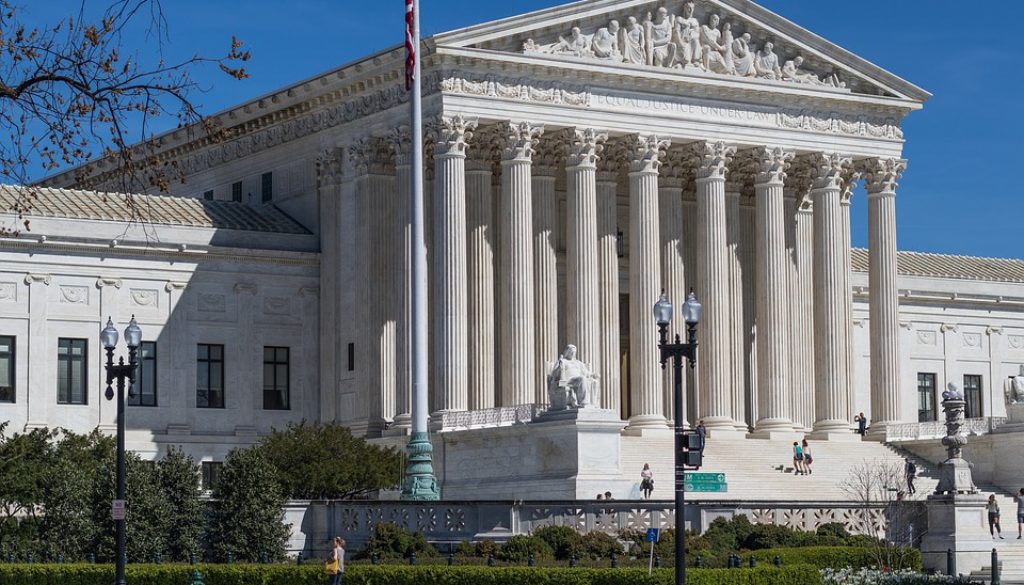Courts Loosen Up on Conservation Easement Rules
Two recent court cases indicate that, although use of a conservation easement to gain a charitable deduction must continue to be arranged with care, some flexibility in determining ultimate deductibility may be beginning to be easier to come by. The IRS had been winning a string of cases that affirmed its strict interpretation of Internal Revenue Code Section 170 on conservation easement. The two latest judicial opinions, however, help give taxpayers some much-needed leeway in proving that the rules were followed, keeping in mind that Congress wanted to encourage conservation easements rather than have its rules interpreted so strictly that they thwart that purpose.
The Perpetuity Requirement
In the first case, the Court of Appeals for the Fifth Circuit found that a homesite adjustment provision did not prevent a conservation easement from satisfying the perpetuity requirement of Code Sec. 170 that controls charitable deductions. Modifications (or “tweaks as the court characterized them) would not violate the perpetuity requirement.
In the second case, a taxpayer satisfied the substantiation requirements for a charitable contribution of an easement to a landmark preservation council. Although the taxpayer had not received from the donee organization a timely letter that could have acted as a contemporaneous written acknowledgment, the Tax Court considered the deed of easement a good enough de facto qualified acknowledgment.
Comment. The first decision potentially opens up many more vacation-type properties on large tracts of land to be more susceptible to a “win-win” in terms of a charitable tax deduction for the homeowner and preserved acreage for the community. The second decision gives some flexibility to the rules on “contemporaneous” substantiation.
What Happened?
In the first case (BC Ranch II, L.P., CA-5, August 11, 2017), the taxpayer owned some 1,800 acres of land in Texas. The taxpayer donated a conservation easement to a tax-exempt organization. The easement aimed to protect the habitat for certain birds and to preserve the watershed, scenic vistas, and mature forest. The easement gave the grantee, its successors and assigns, perpetual easements in gross over the conservation areas, subjecting the property to a series of covenants and restrictions that prohibited most residential, commercial, industrial, and agricultural uses. The easement also included a boundary modification provision, affecting certain five-acre homesite parcels. The IRS disallowed the purported charitable deduction for the conservation easement. The Tax Court had found that the conservation easement was not given in perpetuity because the five-acre homesite parcels could be changed to include property within the easement.
In the second case (310 Retail, LLC, TC Memo 2017-164), the taxpayer (an LLC) donated a façade easement (also considered a “conservation easement”) in connection with an historic building in downtown Chicago. On audit, the IRS disallowed a $26 million charitable deduction by the taxpayer on the grounds that a contemporaneous written acknowledgment within the meaning of Code Sec. 170 was not provided. Although the LLC did not receive from the donee organization a timely letter of the sort that normally acts as a “contemporaneous written acknowledgment,” the taxpayer claimed that it nevertheless satisfied the statutory substantiation requirements, pointing to the deed of easement that the donee organization executed contemporaneously with the gift.
Courts’ Analysis
Rearranging parcels. The Fifth Circuit found that the easement in this case was different from the easement in Belk, a prior Tax Court case upon which the IRS was relying. The easement in Belk could be moved to a tract or tracts of land entirely different and remote from the property originally covered by that easement. The easement in this case did not allow any change in the exterior boundaries or acreage. “Neither the exterior boundaries nor the total acreage of the instant easements will ever change: Only the lot lines of one or more of the five-acre homesite parcels are potentially subject to change and then only within the easements and with the grantee’s consent,” the court found.
Contemporaneous acknowledgement. The Tax Court in its case found that the deed of easement constituted a contemporaneous written acknowledgment sufficient to substantiate the taxpayer’s gift because it was properly executed and recorded. The Court also found that the deed also sufficiently included what should be considered “an affirmative indication that the donee organization had supplied no goods or services to the taxpayer in exchange for its gift.” The deed explicitly stated that it represented the parties’ “entire agreement” and, thus, negated the provision or receipt of any consideration not stated in that deed.
